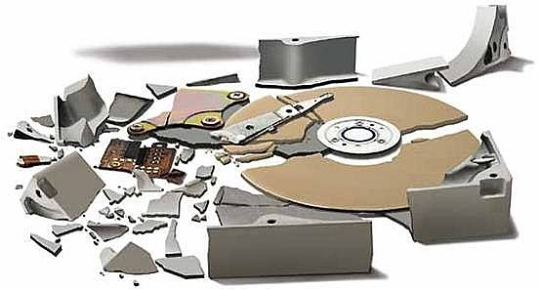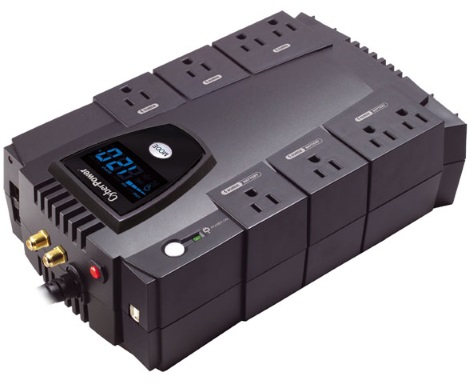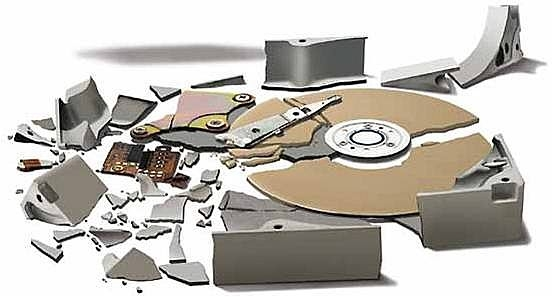
The hard drive is one of the most vital parts of your PC as it contains all your valuable data, so maintaining it correctly is crucial for your performance.
By maintaining your hard drive you’re ensuring two things which can make a real difference to your business:
- Your data is housed safely and is available when necessary
- A well maintained hard drive allows you to access your data quickly
Hard drives, though, can easily fall into a state of disrepair and this can have a real impact on the accessibility on your data. And that’s why I want to show you 4 tips to maintain your hard drive and its performance.
- Defragment Your Hard Drive
You may think that files on your hard drive are just one big piece of data, but this is only true in the very early life of the file. Over time, these files fragment into different sections and are spread across your entire hard drive.
Although this won’t cause any major damage to the hard drive, it does mean that it has to use up a little more power and performance in locating all these fragments when the file is requested. And this means longer load times for files.
The simple answer is to run a defragmentation tool which pieces all these individual file fragments together and provide quicker load times. This should only be done once your drive hits the 10% fragmentation threshold, most defragmentation tools can advise on the current level of fragmentation.

- Use Surge Protectors
It’s not just the data on hard drives that can be classed as sensitive, the hard drives themselves are particularly sensitive components and need a steady, constant electricity supply. And, even if there’s a slight surge in electricity for even the briefest of moments, it can fry your hard drive and render it beyond repair.
Surge protectors cost less than $10, so it’s a tiny investment and there’s no excuse for not equipping all your PCs with them. After all, it’s going to cost a lot more in terms of time and labor when it comes to retrieving or even re-entering all the lost data.
- Embrace Power Saving Modes
Sure, it can be irritating when your PC slips into sleep mode or hibernation mode as you need to wait a few seconds for it to spring back into life. However, these power saving modes stop your hard drive from running when it’s unnecessary. And by saving even just a minute or two’s running time several times throughout a day, you’re going to significantly increase the lifespan of your hard drive.
- Protect Your PC
One of the most sure fire ways to damage a hard drive is through physical trauma, so you need to make sure your PC is well protected.
First off, only ever remove your hard drive if you have to and make sure it’s well packaged and cushioned once it’s out of the case as they’re very fragile. Likewise, ensure that your PCs cases are well out of the way of your employees’ walkways as all it takes is one mistimed kick to a PC to damage the hard drive.
For more ways to secure and optimize your business technology, contact your local IT professionals.







